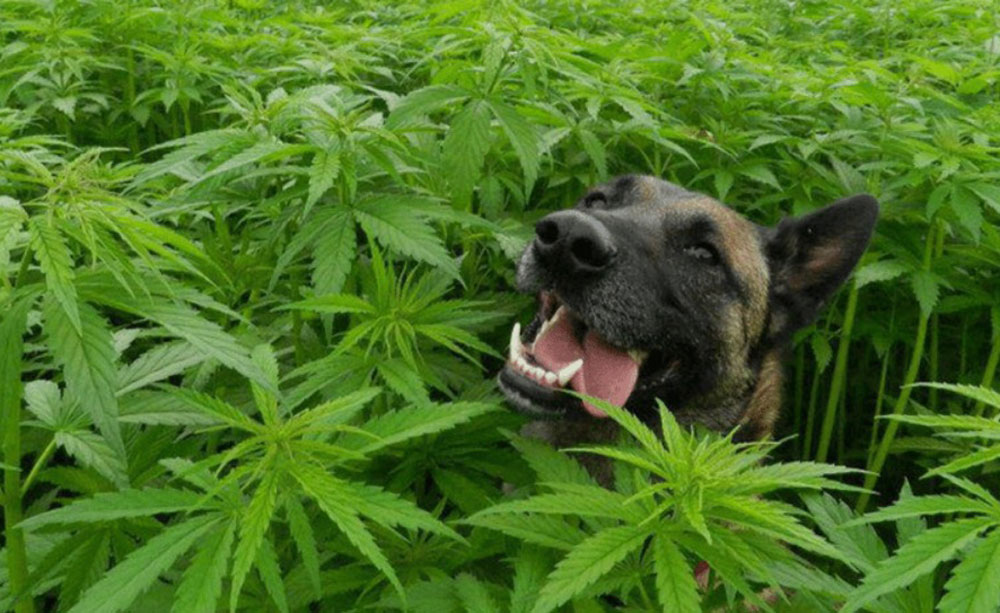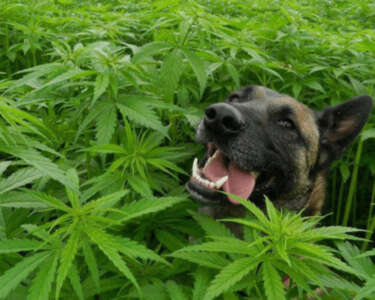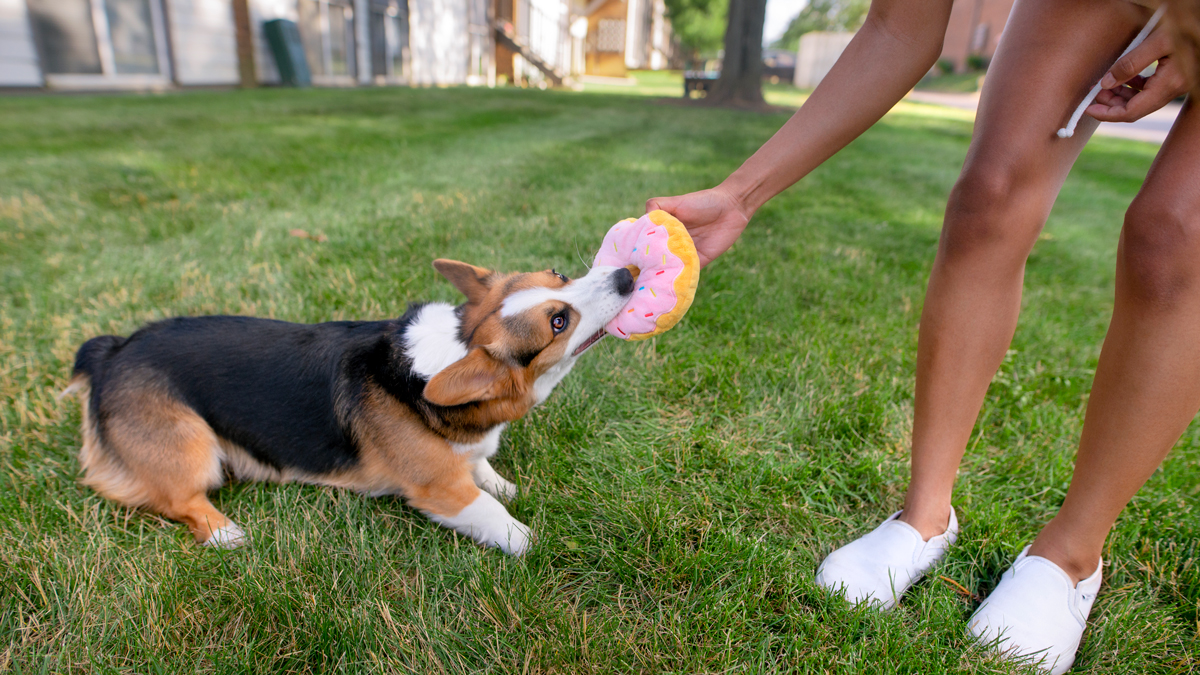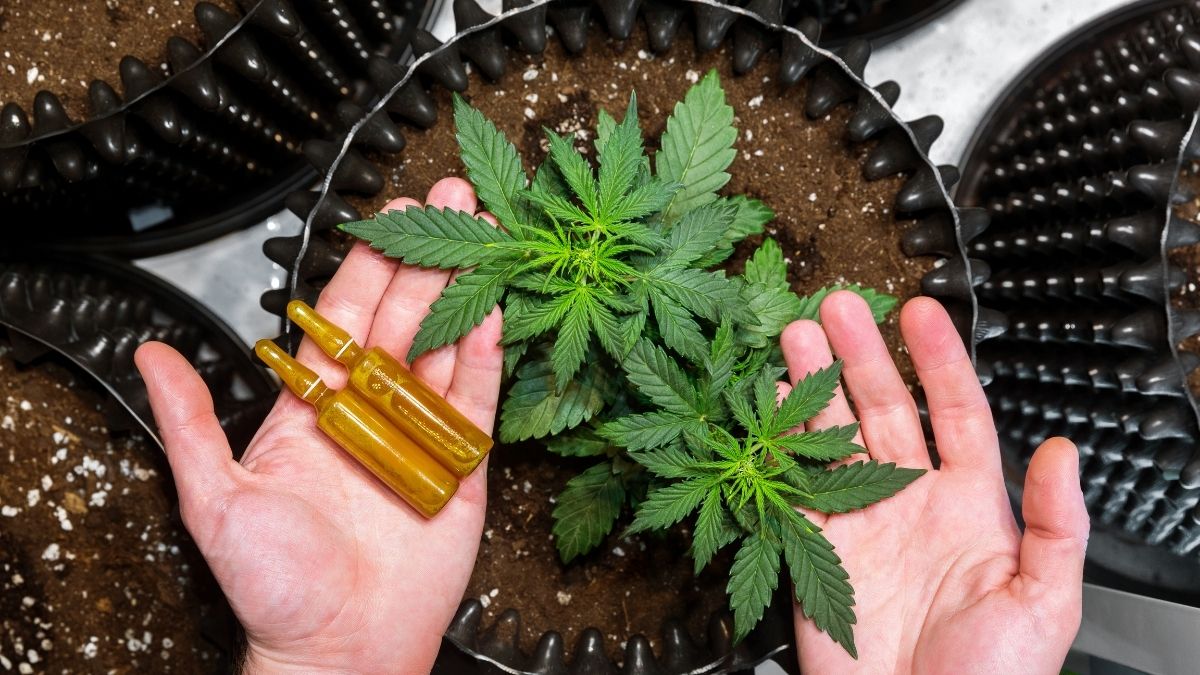For the past few years there has been much discussion about the medical use of CBD for animals. However, the information available so far was mostly testimonial, inaccurate, and without much scientific bases. In contrast to the research on humans, which has led to the development of cbd gummies and edibles, the research on animals was a lot murkier. Veterinarians were banned from prescribing or even performing research on this substance due to its classification by the Federal Drug Administration as a controlled substance with no medical value. Due to a legal reclassification of the cannabis-derived CBD molecule in 2018, several prestigious veterinary universities have been able to conduct empirical, placebo-controlled randomized double blinded studies which have yielded scientific evidence on the properties, side effects, safety and dosing of CBD for animals.
Let’s start with the basics: Cannabis is a genus that includes many plants. The two most popular plants within this genus are the marijuana and hemp plants. All the plants in the Cannabis genus contain cannabinoids; chemical substances known to act on the nervous and immune systems in all animals. Even though there are more than 100 cannabinoids, the best known are THC (9-tetrahydrocannabinol) and CBD (cannabidiol), with the latter often seen in the CBD for anxiety products available. Cannabinoids in general work on the cannabinoid receptors of the endocannabinoid system of all animals. These molecules function as neurotransmitters, producing a number of important medical effects: analgesic, anti-inflammatory, anti-epileptic, killing cancer cells, anti-bacterial, anti-fungal, anti-dermatitis, and modulate neurological disorders among others. However, like any substance that has an effect on body functions, they require careful use.
The well known cannabinoid THC is the only one that affects brain function, altering the mood, consciousness, behavior and perception — better known as a “psychoactive” substance. Whilst in humans this can be taken in many forms, like as thc gummies, it is often a secondary affect. Among all animals (including humans) dogs are the most sensitive to the toxic effects of THC. The marijuana plant is high in THC and low in CBD, so its use in pets should be avoided. Hemp on the other hand, is a plant high in CBD and low in THC. Since December of 2018, hemp is considered an agricultural product under the jurisdiction of the US Department of Agriculture (USDA) and not under the Drug Enforcement Administration (DEA). For this reason, veterinarians can now prescribe CBD derived from hemp resin and, more importantly, are allowed to give advice in order to help decrease any harm due to its improper use in animals.
A number of prestigious veterinary schools have conducted studies during 2018 on the use of CBD on pets, utilizing specific strains of the hemp plant. It is important to keep in mind that there is some potential of causing harm when using CBD on pets. Some strains of the hemp plants contain a higher percentage of THC than others, and so are potentially more toxic for pets. In addition, CBD can turn into toxic THC in certain environments. For example, when mixed with honey (an acidic environment) CBD turns into THC. Beware of the fact that, at times, THC from marijuana is being sold under the erroneous label of CBD, posing a high potential of toxicity for pets. Last, CBD could slow down the pulse and decrease the blood pressure, making it dangerous for animals with serious organ disease.
The strain of the hemp plant, its CBD concentration, and an accurate analysis of the composition of the oil are all extremely important factors to take into consideration when choosing a CBD product safe for your pet . Always look for a “certificate of analysis” of the product to make sure the CBD oil is free of contaminants such as bacteria, fungi, and pesticides that might be detrimental to your pet’s health. Since this is now an agricultural product, the quality control is not as rigorous as in the manufacturing of a drug. If you think that a CBD product may benefit your pet’s health, you can learn more about pet CBD here. Make sure that you consult with a doctor in veterinary medicine with knowledge on the latest scientific information on its medical indications, adverse effects, dosing, and reliable sources to obtain it. Remember, when we make medical decisions for our pets, we must above all, prevent harm. When it comes to CBD, research is the key!
Dr Sanchez-Emden is the founder of the Animal Health and Rehab Center in South Miami. She has been practicing veterinary medicine for 24 years. As a Certified Veterinary Journalist, she is the resident veterinarian for various national tv shows. She authored the book “CHIHUAHUAS: How To Be Your Dog’s Best Friend”. She also hosts the podcast show “Hablando de Perros y Gatos con Dr Marta” available at the main internet platforms. Follow her @Drmartavet on You Tube, Instagram and Twitter. Also find her at Facebook.com/dr.sanchezemden and animalhealthrehab.com









 Deering Estate
Deering Estate
 Massage Envy South Miami
Massage Envy South Miami
 Calla Blow Dry
Calla Blow Dry
 My Derma Clinic
My Derma Clinic
 Sushi Maki
Sushi Maki
 Sports Grill
Sports Grill
 The Healthy Kitchen
The Healthy Kitchen
 Golden Rule Seafood
Golden Rule Seafood
 Malanga Cuban Café
Malanga Cuban Café

 Kathleen Ballard
Kathleen Ballard
 Panter, Panter & Sampedro
Panter, Panter & Sampedro
 Vintage Liquors
Vintage Liquors
 The Dog from Ipanema
The Dog from Ipanema
 Rubinstein Family Chiropractic
Rubinstein Family Chiropractic
 Your Pet’s Best
Your Pet’s Best
 Indigo Republic
Indigo Republic




 ATR Luxury Homes
ATR Luxury Homes


 2112 Design Studio
2112 Design Studio
 Hamilton Fox & Company
Hamilton Fox & Company
 Creative Design Services
Creative Design Services
 Best Pest Professionals
Best Pest Professionals
 HD Tree Services
HD Tree Services
 Trinity Air Conditioning Company
Trinity Air Conditioning Company
 Cisca Construction & Development
Cisca Construction & Development
 Mosquito Joe
Mosquito Joe
 Cutler Bay Solar Solutions
Cutler Bay Solar Solutions


 Miami Royal Ballet & Dance
Miami Royal Ballet & Dance
 Christopher Columbus
Christopher Columbus
 Pineview Preschools
Pineview Preschools
 Westminster
Westminster
 Carrollton
Carrollton
 Lil’ Jungle
Lil’ Jungle
 Frost Science Museum
Frost Science Museum
 Palmer Trinity School
Palmer Trinity School
 South Florida Music
South Florida Music
 Pinecrest Orthodontics
Pinecrest Orthodontics
 Dr. Bob Pediatric Dentist
Dr. Bob Pediatric Dentist
 d.pediatrics
d.pediatrics
 South Miami Women’s Health
South Miami Women’s Health

 The Spot Barbershop
The Spot Barbershop
 My Derma Clinic
My Derma Clinic




 Miami Dance Project
Miami Dance Project

 Rubinstein Family Chiropractic
Rubinstein Family Chiropractic
 Indigo Republic
Indigo Republic

 Safes Universe
Safes Universe
 Vintage Liquors
Vintage Liquors
 Evenings Delight
Evenings Delight





 Atchana’s Homegrown Thai
Atchana’s Homegrown Thai
 Baptist Health South Florida
Baptist Health South Florida

 Laser Eye Center of Miami
Laser Eye Center of Miami
 Visiting Angels
Visiting Angels
 OpusCare of South Florida
OpusCare of South Florida

 Your Pet’s Best
Your Pet’s Best





 HD Tree Services
HD Tree Services
 Hamilton Fox & Company
Hamilton Fox & Company


 Creative Design Services
Creative Design Services